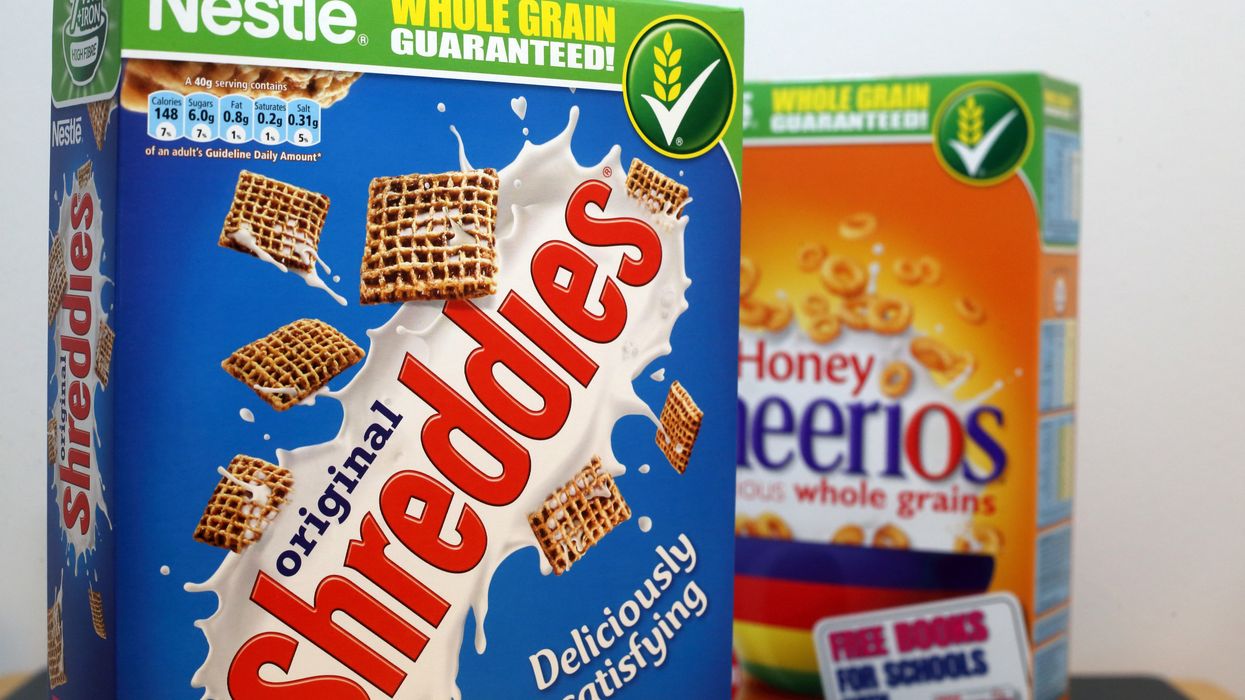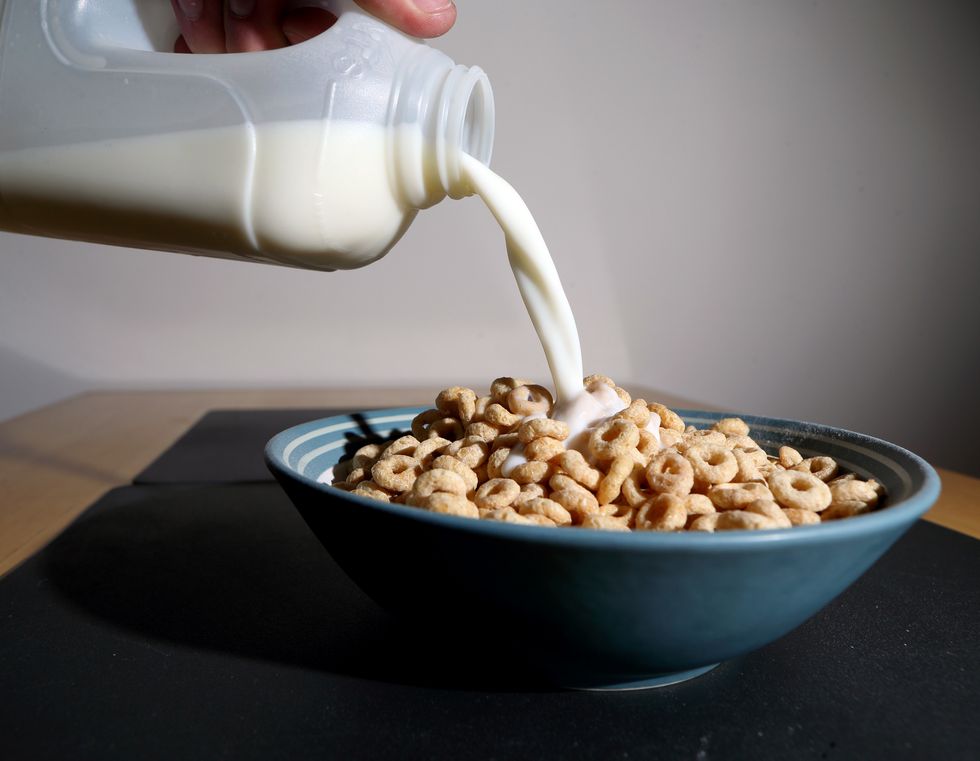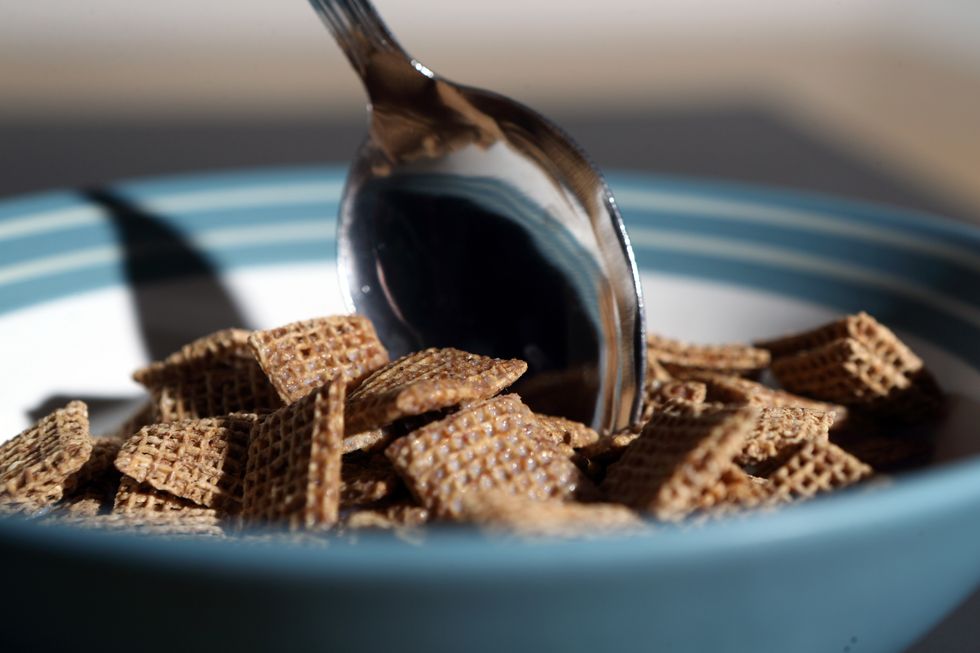Popular child-friendly breakfast cereals told to make major change over health concerns

A health group has called for packaging on cereal and yogurt to be changed
|PA

A health group has called for packaging on cereal and yogurt to be less appealing to children
Don't Miss
Most Read
Popular cereal brands including Nestlé and Kellogg's should change colourful, child-friendly packaging, according to one health group.
It targeted popular brands to call for the packaging to be updated on many cereals and yogurts.
Items graded as high or medium for salt and saturated fats should also have the packaging removed, health group Action on Sugar has said.
The group shared research that claimed there is excessive sugar and salt in a lot of packaging targeted at children.

Popular cereal brands including Nestlé and Kellogg's were mentioned in the research
|PA
As a result, the health group has called for the products to not be marketed as "suitable for children". The research analysed the contents of cereal with packaging that was deemed to be appealing to children.
This included packaging with bright colours, cartoons or characters associated with children.
Lidl, Nestlé, Aldi, Weetabix and Kellogg's made up the top five for products with the highest amount of sugar per 100 grams.
Nine of the cereals and six of the yogurts surveyed were found to be low in sugars, based on Department for Health’s nutrition guidelines.
Four cereals looked at were low in both sugar and salt.
Lidl's Crownfield Choco Hazelnut Pillows had the most sugar, at 28.5g per 100g.
This was followed by Aldi's Harvest Morn Honey Nut Crunchy Cornflakes (28g per 100g) and Nestlé Lion Caramel & Chocolate Cereal (25g per 100g).
Some 65 per cent of yogurts tested included one third of 4– to 6-year-olds daily maximum sugars recommendation in one recommended serving.
LATEST DEVELOPMENTS

A group called for the removal of colourful packaging
|PA
Zoe Davies, nutritionist at Action on Sugar based at Queen Mary University of London commented: “There is no reason why products with high or medium levels of salt or sugar should be marketed as ‘suitable for children’.
"If we are to protect the health of our future generation, then bold action is required now from both Government and companies alike and this must include child-friendly packaging only being placed on healthier products.”
Professor Graham MacGregor, professor of cardiovascular medicine at Queen Mary University of London and chairman of Action on Sugar added: “Obesity is estimated to cost the UK £58billion each year, having a huge impact on economic productivity and the NHS.
"Drastic changes are needed to the food system and that includes responsible marketing of food and drink, especially to children.”










